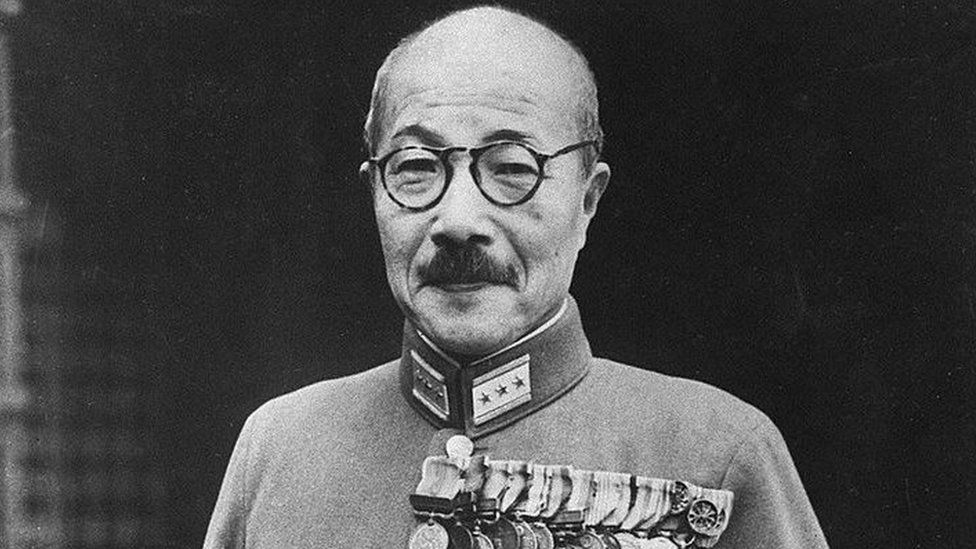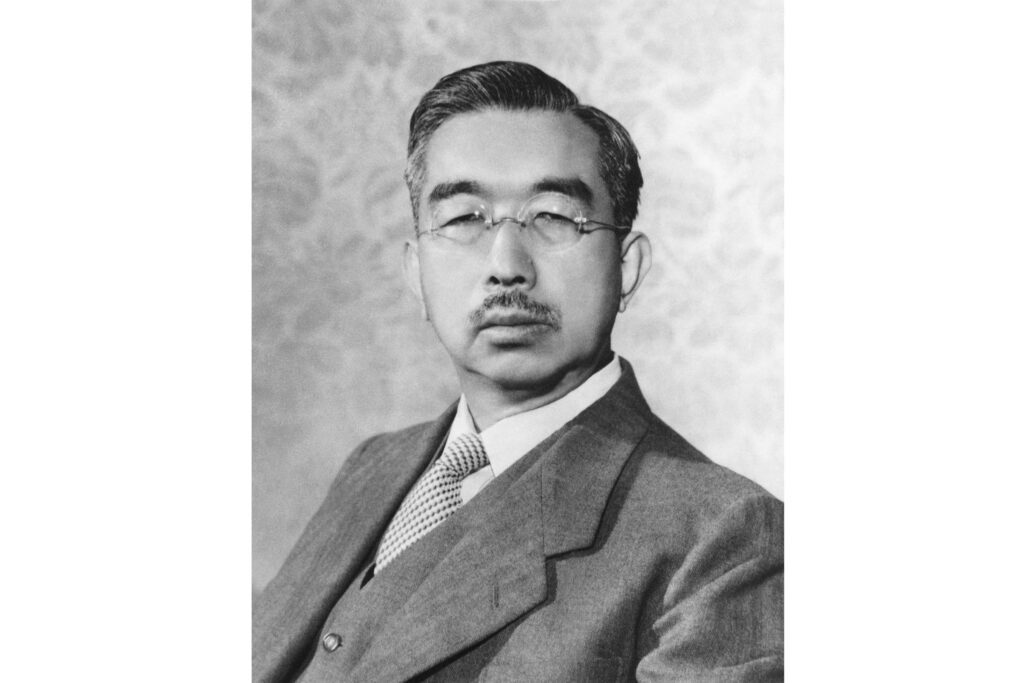Emperor Hirohito was the leader of Japan during World War II. Despite controversial discussions about his role in the war, Hirohito’s position as emperor remained unchanged after Japan’s surrender.
Various historical sources shed light on Hirohito’s involvement in significant events such as the attack on Pearl Harbor, but his exact level of responsibility is still debated. This article explores Hirohito’s role in World War II and the impact it had on Japanese society.
Additionally, it delves into Hirohito’s descendants, his stance on war, and his personal details, such as his birth date and age. The demise of Hirohito and its implications are also examined, as well as the territories acquired by the Empire of Japan during his reign.
Emperor Hirohito’s Role In World War 2
Emperor Hirohito played a significant role in World War 2, shaping the course of Japan’s military decisions. His background and upbringing set the stage for his ascension to the throne. Hirohito was born in 1901, the first son of Emperor Taishō and Empress Kōjun. He was the grandson of Emperor Meiji and was educated in both traditional Japanese culture and Western ideas. Hirohito’s reign began in 1926 and his influence on Japan’s military decisions cannot be understated. Despite being officially a constitutional monarch, Emperor Hirohito had significant control over the armed forces and his approval was crucial for major strategic and operational decisions during the war. It has been argued that Hirohito’s willingness to continue the war even when defeat was imminent prolonged the conflict and led to further devastation.
Hirohito’s Involvement In Pearl Harbor Attack
Japan’s involvement in World War II, particularly the attack on Pearl Harbor, has been a topic of historical analysis and debate. Recently, a newly released memo shed light on Emperor Hirohito’s role in the attack, revealing the extent of his knowledge and approval. This has prompted further analysis of Hirohito’s level of culpability in the events leading up to the attack. Some argue that Hirohito was fully aware and actively involved in the planning and execution of the attack, while others maintain that he was merely a figurehead with limited control.
The debate surrounding Hirohito’s level of culpability is complex and nuanced, with historians examining various factors such as political dynamics, military influence, and the Emperor’s personal beliefs and motivations. Understanding Hirohito’s role in the Pearl Harbor attack is crucial in comprehending the broader context of Japan’s aggression during World War II. It offers insights into the decision-making processes within the Japanese leadership and the factors that contributed to the outbreak of the war.
Hirohito’s Role In Japan’s Surrender
Japan’s surrender in World War 2 was influenced by several factors. One crucial step was a US pledge regarding Emperor Hirohito’s position. The US reassured Japan that Hirohito could remain on the throne, which helped alleviate concerns about a power vacuum and political instability. Hirohito himself played a significant role in the decision to surrender. After the devastating bombings of Hiroshima and Nagasaki, Hirohito recognized the need to end the war to prevent further destruction and loss of life. His decision to surrender had profound implications for Japan’s future, as it marked the end of its imperial ambitions and the beginning of a new era.

Credit: www.bbc.com
Legacy And Impact Of Hirohito’s Rule
Japan’s leader in World War 2, Hirohito, left a lasting legacy and had a significant impact on Japanese society. During his post-war reign, Hirohito played a crucial role in rebuilding Japan and transitioning it into a democratic nation. His rule also marked a shift in the power dynamics within the Japanese monarchy.
Hirohito’s descendants continue to hold a prominent place in Japan’s monarchy. His son, Akihito, succeeded him as emperor, and his grandson, Naruhito, currently sits on the throne. This lineage showcases the enduring influence of Hirohito’s family in shaping Japan’s imperial traditions.
Hirohito’s death in 1989 had significant significance in Japanese history. It marked the end of an era and symbolized Japan’s transformation from a militaristic aggressor to a peaceful and prosperous nation. The passing of Hirohito led to a period of reflection and contemplation as Japan grappled with its wartime past.
Overall, Hirohito’s rule and his descendants’ continued presence in the monarchy have had a lasting impact on Japan’s society, as they navigate their complex history and strive for a peaceful future.
Frequently Asked Questions Of Japan Leader In World War 2
Who Was The Main Leader Of Japan In Ww2?
The main leader of Japan in WW2 was Emperor Hirohito. He played a significant role in the war and Japan’s surrender.
What Happened To The Leader Of Japan In Ww2?
Emperor Hirohito remained the leader of Japan during World War II and after. He played a role in the attack on Pearl Harbor and the decision to surrender after the bombings of Hiroshima and Nagasaki. Hirohito died in 1989.
Who Was Controlled By Japan In Ww2?
Japan controlled various territories and countries during World War II, including China, Korea, Taiwan, Manchuria, parts of Southeast Asia, and many Pacific islands.
What Role Did Emperor Hirohito Play In World War Ii?
Emperor Hirohito played a significant role in World War II as the ceremonial leader of Japan. While he did not directly participate in military decisions, he provided symbolic support for Japan’s war efforts and was seen as a figurehead for the Japanese people.
Conclusion
Japan played a significant role in World War II, with Emperor Hirohito serving as a central figure. While there are differing opinions about his level of involvement, it is clear that his decisions and actions had a profound impact on the course of the war.
The aftermath of the war brought about significant changes in Japanese society, with the emperor’s surrender and subsequent reforms shaping the country’s future. Despite the devastating bombings and loss of life, Japan has emerged as a global leader, focusing on peace and prosperity in the post-war era.

